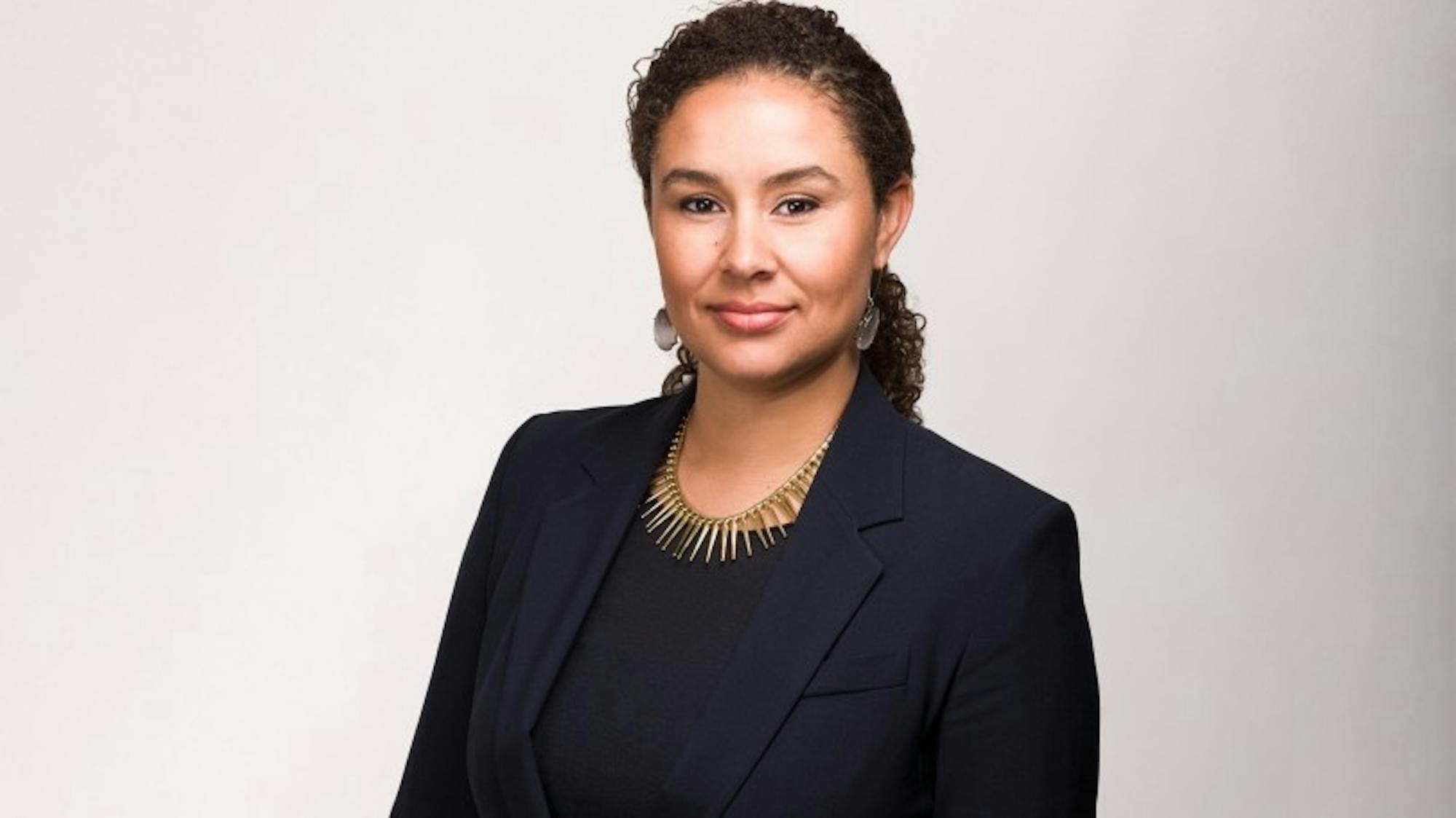The Arthur L. Irving Institute for Energy & Society has appointed April Salas — the executive director of the Revers Center for Energy, Sustainability and Innovation at the Tuck School of Business — as its interim director, the Irving Institute announced on May 5. Salas has previously worked at the White House for the U.S. Department of Energy. She is also a founding chair of the Community Power Coalition of New Hampshire, which is seeking to change the electricity landscape for consumers throughout the state by aggregating electricity purchases and increasing the supply of electricity that comes from renewable energy. The Dartmouth sat down with Salas to discuss her new role and future plans for the Irving Institute.
How did you feel about being appointed interim director of the Irving Institute?
AS: I feel deeply honored — really inspired by our mission overall. We want this to be a world class institute, and being able to join in this sort of thing is a hallmark moment. It feels like really good timing as we look to the west end opening and all of the good work that we intend to set off on and build the Irving Institute as an anchor for campus.
How long is the role of interim director expected to last before finding a permanent director?
AS: It’s been a week, so it’s premature to answer with clarity. One of the really important next steps for me and for the administration is to begin re-engaging with faculty, staff, the student population and the general community as we think about gathering our vision for the future. We’ve seen a lot of different models that are inspiring. We know we want and need a faculty director, and we want to have permanent leadership. I think right now my job is focused around activating and continuing to build on a solid foundation that’s been laid and allowing that space for the permanent search to kick off.
How will you balance your responsibilities at the Revers Center with your new role at the Irving Institute?
AS: One of the distinctive benefits to me taking this on in the interim is that the Revers Center is already a known entity and a core partner for the Irving Institute. We’re already working on joint programming. There’s no right answer to that yet. It’ll be a delicate balance, and we’re going to use the summer to figure out what that looks like.
Since the Irving Institute just opened, what will your day-to-day look like?
AS: It’s going to be a lot of active listening, and as we get through the excitement of this weekend, what’s to come will be a lot of strategic planning, engaging with faculty and speaking with partners, companies, students and alumni. We’re going to be spending the summer working hard and thinking about the activation of work that is going to be kicking off this fall. That said, we have some awesome programs we’re already working on.
The New Energy Series is going to be hosting a summit this upcoming summer. It’s a series that’s been running for two years and engaging early researchers. If anything, it’s going to accelerate, and then we’re going to be launching the TuckLAB: Energy program — the pilot year will be this fall for Dartmouth undergraduates — so we’re really excited about that. We’re gonna be very busy over the summer and excited for the fall.
The Irving Institute is funded in part by Irving Oil, a top source and exporter of fossil fuels in Canada. How do you feel about leading the institute given its donor? Why do you think energy-focused institutions like the Irving Institute are important as we face the effects of climate change?
AS: I think that it’s important that we have broad conversations with all involved. It’s going to take a whole society’s effort to solve climate change, and I know that the company is committed to sustainability in the pursuit of this mission. I think what we’re going to have to do, as a global community, is be able to invite those types of conversations. It’s really important, and it’s going to need all of us working together and collaboratively to solve this challenge.
Have you started any particular projects that you are excited about? Are you continuing the work of former director Elizabeth Wilson?
AS: We’re really grateful for her pioneering vision and efforts in building the Irving Institute. She’s laid the foundation for so many great things to come. She’s already launched so many programs, and I think what we’re looking to do is to really build off that work. Now, we have this incredible building to help activate our research and education mission. We’re really excited to be working with the Magnuson Center for Entrepreneurship and folks in Arts and Sciences, so I would say to the entire community be excited because we’re going to likely be rolling out announcements of new programs and initiatives for weeks and months to come.
Will the Irving Institute offer its own courses?
AS: The answer is yes. I’ve heard incredible things and have worked with the folks who are leading the Energy Justice Clinic. I know there’s also good work in climate modeling. The Thayer School of Engineering has been a really core partner in this.
Will the Irving Institute offer graduate programs?
AS: I don’t want to get ahead of the team on this, but I’d say stay tuned. We will hopefully be announcing something soon.
This interview has been edited and condensed for clarity and length.




